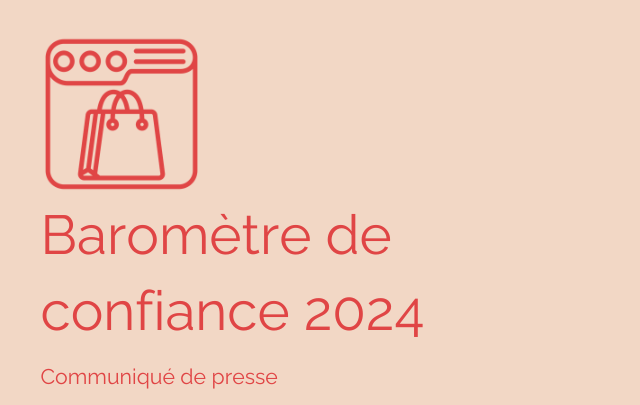
Buying off-plan: what you need to know to protect yourself

While out for a drive on a Sunday afternoon, you notice a sign indicating that new condos will soon be built in an area you've always liked. The sales office is open, so you decide to ask around. The project appeals to you and you're ready to buy your unit off-plan. Delivery is scheduled for two years from now, but you don't mind, as this will give you time to sell your home.
Buying off-plan can often hold surprises for the buyer, and not necessarily pleasant ones: the landscaping is different, the size of the condo is smaller than expected, delivery is postponed from a few weeks to a few months, and so on.
To protect yourself against these setbacks, you need to ask the right questions and, above all, take the time to read and understand all the documents. The following information will help you in your search.
Preliminary contract, right of withdrawal and prospectus
When you buy a residential building (condo, single- or multi-family home, etc.) from a developer or builder for your own personal use, you don't need to sign a promise to purchase, but a preliminary contract. The latter has a mandatory content dictated by law to protect the buyer, who is entering into a contract with an expert seller. Therefore, if the developer has entrusted the sale of the units to a real estate broker, and the broker presents you with a standard promise to purchase to make your offer, refuse to sign it and demand the correct document.
This preliminary contract includes the possibility of changing one's mind within 10 days of signing the preliminary contract, a clause that is absent from standard promises to purchase. In legal terms, this is known as the " right of withdrawal". Contrary to popular belief, the right to change one's mind and withdraw from a purchase does not apply to all property purchases. For example, if you're selling your family home, the promisor-buyer doesn't have the option of withdrawing from his offer two days later because he's realized he's acted on a whim or a crush! However, if the promisor-buyer had committed to a developer or builder, the preliminary contract would give him the option of changing his mind. Note: this is not always free of charge, as the law allows the developer or builder to levy a penalty not exceeding 0.5% of the agreed sale price, if the penalty is stipulated in the preliminary contract. This is generally the case.
And if you're buying a condo to live in, the preliminary contract must be accompanied by the information memorandum. This contains a wealth of information on the project, including the names of the architects, engineers and builders, the overall project plan, the projected budget, information on management, etc. In the past, too often the information memorandum was not provided by the builder. This observation has led the government to modify the rules governing the right of withdrawal to better protect buyers. From now on, the 10-day period will only start to run once the buyer has received the information notice.
In the preliminary contract, pay particular attention to the following two elements:
- Promised and delivered surface area: Very often, the surface area in architectural plans is approximate, and discrepancies are to be expected between this and the surface area established by the land surveyor when the building is actually built. For most people, the important thing is the living area, i.e. what they will be able to use. However, when buying off-plan, the advertised surface area is often the gross surface area calculated from the exterior walls, which may include, for example, the surface area of the balcony. In addition to losing precious centimetres for your interior layout, you may find that the surface area/price ratio is not as advantageous as you thought. And then there are the cases where plans change during construction. As a result, your sofa may no longer fit in your living room!
- Delivery delay: The preliminary contract often protects the developer by removing all liability in the event of a delay in delivery of the building, if the delay is the result of force majeure. The buyer may therefore be faced with storage and accommodation costs because the developer is unable to deliver the condo on the promised date, with no possibility of claiming damages or cancelling the agreement.
Advance payment protection
As of January1, 2020, deposits cannot be paid directly to the developer or builder "without further action". By law, down payments must be protected by a guarantee plan, insurance, surety bond or deposit in a trust account.
What's more, in certain circumstances, the law now requires the developer to return the deposit paid for the purchase of a fractional co-ownership, if it is not delivered on the agreed date. If you experience a delay in delivery, check with your notary to see whether you are entitled to demand the return of your deposit.
What to do
To protect yourself, ask the developer questions to understand his obligations and yours. For example, is he obliged to install the ornamental fountain that you liked so much about this project, or was it just a "decorative" element on the plan? Being aware of the possible differences in surface area, establish your limits and state them in writing in the preliminary contract. In other words, set out your requirements, limitations and recourse in the contract. If the developer refuses all your requests, ask yourself if you're so committed to the condo that you're willing to give up these protections. Before committing yourself, don't hesitate to consult your notary. He's a specialist in real estate law, and his advice will save you a lot of trouble.




